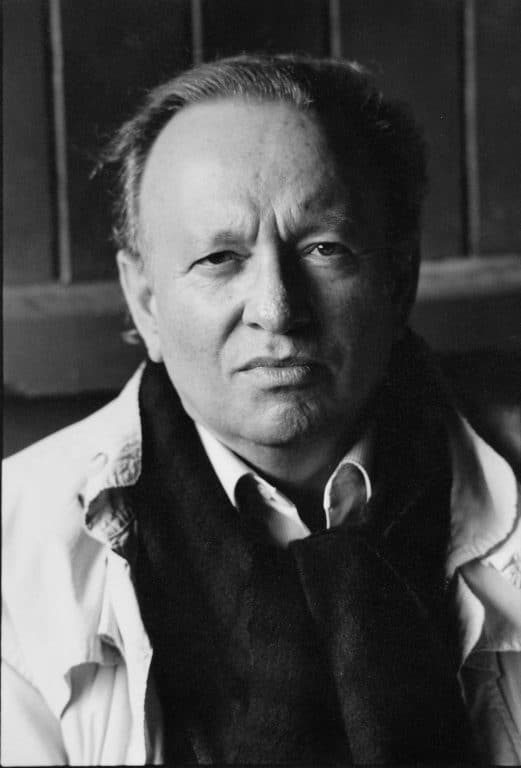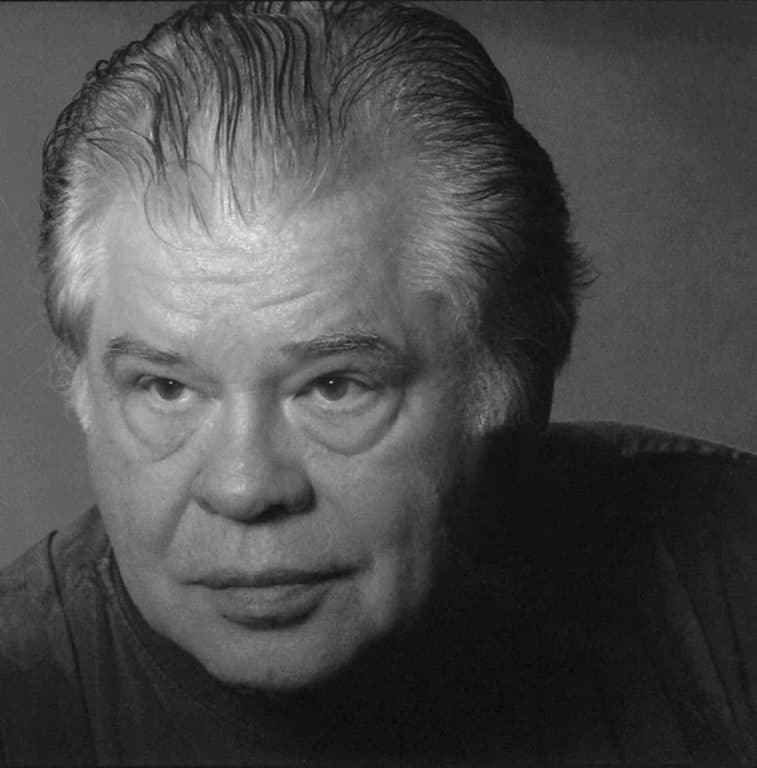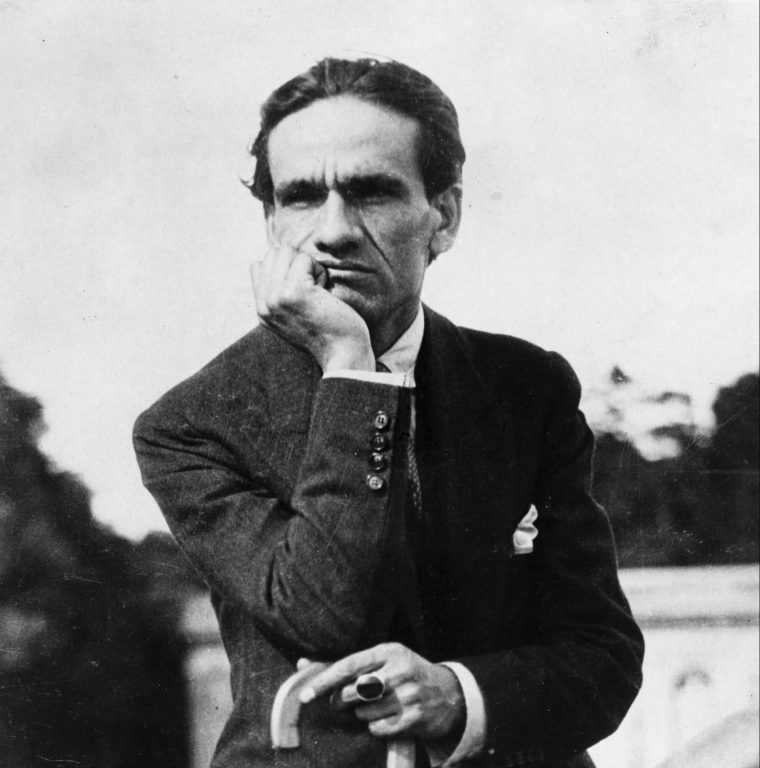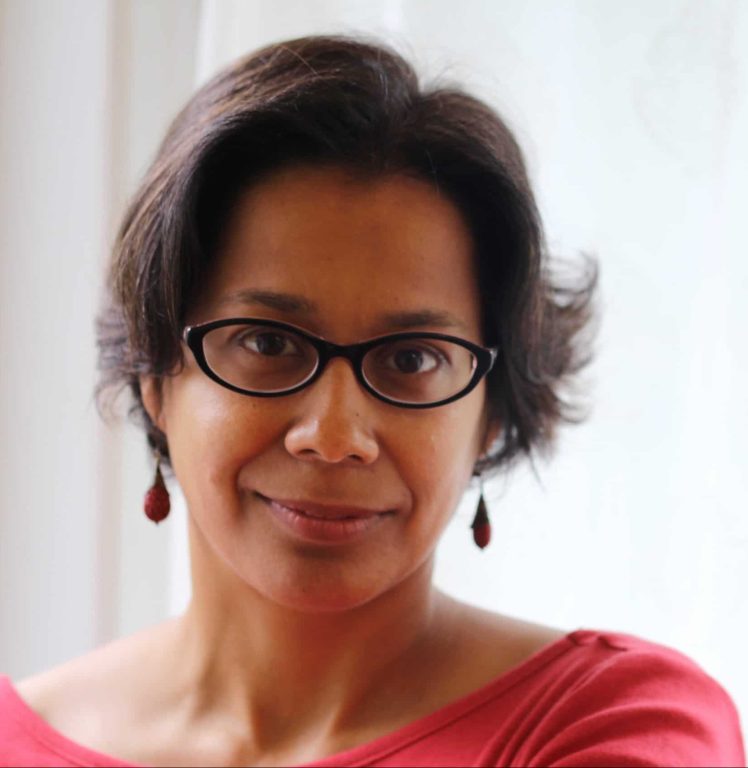What kind of voice do you hear when you read a particular poem? What features of a poem inform what you expect the tone, intensity, tempo and other aspects of a reading should be, whether the poem is read by its author or someone else? Let’s consider a reading (added below the poem text) of…
What kind of voice do you hear when you read a particular poem? What features of a poem inform what you expect the tone, intensity, tempo and other aspects of a reading should be, whether the poem is read by its author or someone else? Let’s consider a reading (added below the poem text) of “Half-Term”, Marek Kazmierski’s translation into English of Wioletta Greg’s poem originally composed in Polish, from the 2015 Griffin Poetry Prize shortlisted collection Finite Formulae & Theories of Chance.
This poem captures in appropriately fast-paced and breathtaking fashion the joys of tobogganing. One slides down a snow-covered incline, perched on some kind of sled or other method of conveyance suited to the sport. Greg’s simultaneously exuberant and “entranced” protagonists are improvising with “sacks stuffed full of hay”, suggesting this is a rural rather than urban version of the pastime.
Cold and hot sensations are brightly juxtaposed, from “moon-boots [filled with] icy shards” to “our flaming cheeks.” Is this not the most gorgeous depiction of exhilaration?
“we swallow clumps of air, pieces
of sky, slaloming border posts.”
Would you expect, then, for a voice bringing this poem to life to be lively in tone and sprightly in pace? Does the voice in this reading disappoint?
But wait … the faint pictures of children in the background and the distant sounds of children’s laughter in the soundtrack evoke a sense of the poem as a memory, not an account in the moment. So, is the reflective voice reading the poem that of the person wielding the pen, the “Mont Blanc … melting with all this friction” as he or she looks back years later on this wonderful time?




